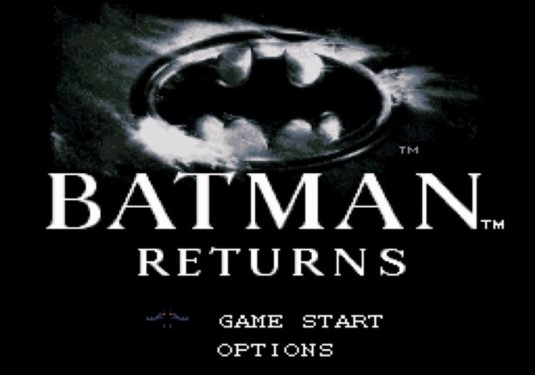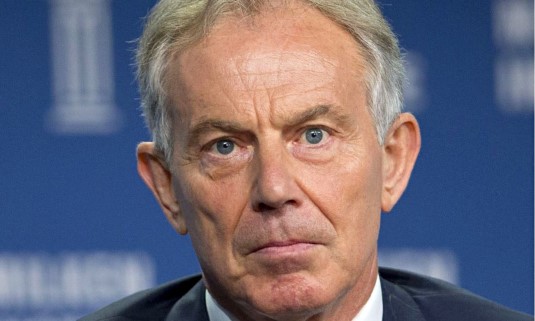
And then, something happened. In 1989 an edgier, darker Batman assaulted the cinema. Out went the campery and tongue-in-cheek humour, in came a tortured Bruce Wayne with revenge issues, a slicker, more menacing look, and a cache of cool coincidentally appropriate for mass market spin offs. Among the cornucopia of chiropteran-coded commodities we inevitably find video games. The home computer versions by Ocean and Sunsoft's outings on the NES and MegaDrive were very well received and, most importantly, did the business in the software charts (coincidentally, all were praised for their soundtracks too). Likewise, Batman cleaned up and so come 1992, Batman Returns graced the cinema. A much better film than the original, in my view, we saw then hot properties Michelle Pfeiffer and comrade Danny DeVito cast as Catwoman and The Penguin. The hype machine cranked up, and out came the games. Sega's iterations of Batman Returns weren't regarded as much cop, except for the stunning Mega CD version. And Nintendo? Handled by Konami, the licence went in a different direction to its prequels and rival games. It went all fighty.
Batman Returns on the Super Nintendo owes more to Final Fight and Streets of Rage than anything else. Here you play Batman (like duh) and scroll from left to right dispensing fisticuffs and kicks to an army of clownish goons. You have an array of thin clowns, a number of fat clowns who try and bounce their bums on your head, and an assortment of weapon wielders. Bomb throwers, jugglers, fire eaters, bazooka wielders, swordsmen, you know, just the sort of personnel no self-respecting crime gang would do without. And can you guess what's waiting at the end of each level? Oh yes, that would be a boss for you to mix it up with. In later stages, as you might expect, you get to square off against Catwoman and The Penguin. All jolly good fun.

Is there anything wrong? It's single player. And, unfortunately, technical limitations mean there can only be three nasties on screen at once with you. That isn't too bad because the difficulty is balanced in such a way that this doesn't matter, and any more would surely kick your ass. Perhaps it's just me, but I feel Batman is a bit lumbering as well. But in all, these are nitpicks. The game is easy to pick up, the moves don't demand convoluted combinations of button presses, and as a rule the game's aesthetic is consistent with the film. It makes for a very attractive package.

Also, SNES Batman Returns is entirely appropriate to Batman's dark turn at the cinema. Platform games are all very well, but they tend not to confer cool, young adult vibes the films plugged into. Konami's decision to go with a brawler was, in this regard, inspired. The early 90s were the time the mediocrity we now associated with film tie-ins set in and, as a rule, they tended not to offer anything fresh. Batman Returns might look like a Final Fight rip off with a licence appropriate skin job, but by offering destructible backdrops and decent mini-games, they innovated within the beat 'em up genre and successfully pushed the envelope of what a game-of-a-film could be. Recommended.





